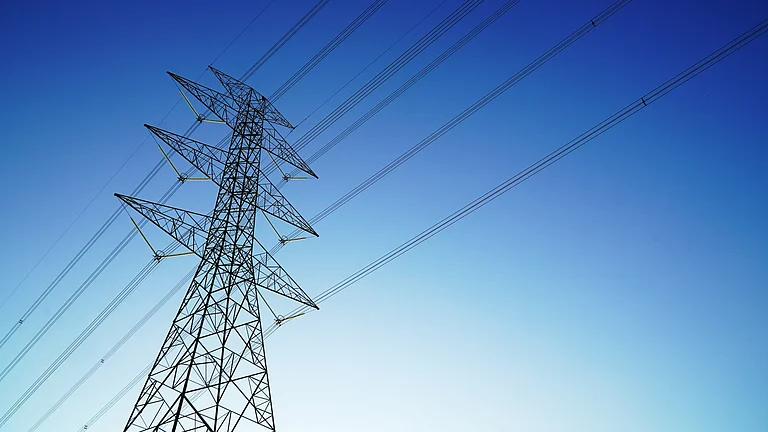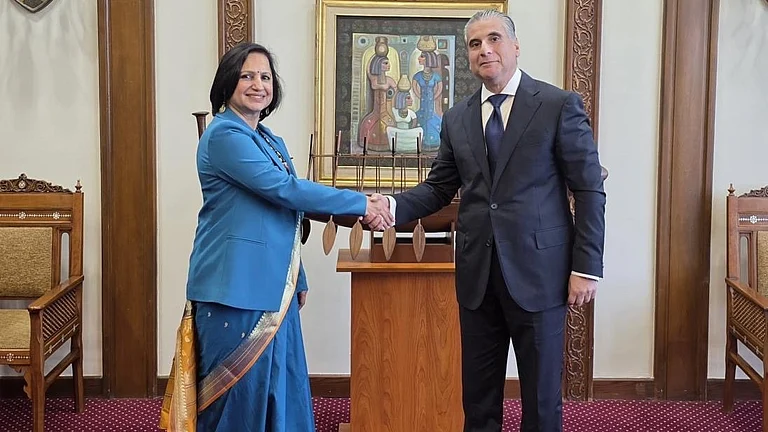Although credit cards allow you to make interest-free purchases and earn rewards, they could pose a significant problem if the dues are not paid on time. Card companies give you options like “pay the minimum amount”, which can prove a major rip-off, especially for first-time users, if they forget the due date. Card companies usually offer an interest-free period of 45 to 55 days, but they may charge you around 3.5 per cent monthly interest after the due date.
Card companies also allow you to repay the outstanding balance over a period if you pay the "minimum due amount", generally about five per cent of the total amount due, commonly called a revolving credit facility. But it could be a debt trap, so don't fall for it.
For example, if you have a credit card bill of Rs. 30,000 due on June 1 and you pay Rs. 29,900, you will be charged 3.5 per cent interest, not just on the Rs. 100 outstanding, but also on all subsequent transactions after you receive the credit card statement.
Further, all transactions you make will generate interest from day one of a particular transaction.
Suppose your credit card statement came on May 20. If you have only Rs. 100 outstanding on June 1 (due date) and made more purchases for Rs. 10,000 on May 21 (after the billing date), you must now pay 3.5 per cent interest on the total Rs. 10,100.
Note that the annual interest rate typically ranges from 22 to 40 per cent, which can create a huge dent in your pocket if you don't fully settle the bill by the due date.
Also, interest on this amount is compounded from the day of the transaction, not from the due date. Besides, a GST of 18 per cent will be charged on any interest payment made to the card issuer.
So always pay in full and never fall for the revolving credit facility. Opt for a personal loan or a loan against mutual funds to pay off your credit card bills.
Other Charges
In the case mentioned above, where there is a minimum monthly payment, there are also late payment penalties if you don't make the minimum monthly payment.
Credit card users must check if the card is free for the first year or its entire lifetime. Credit cards may include a joining fee and annual charges, which will be waived for the first year. After that, the yearly maintenance fees may kick in. Of course, it depends on the card, which makes it crucial to read the fine print before opting for one.
Withdrawing cash from a credit card via an ATM entails interest from when the transaction is made. It can be as high as 2.5 per cent of the amount withdrawn.
Card companies also charge their customers a foreign transaction fee whenever a transaction is made with a foreign currency or via a foreign bank. This fee is usually a percentage of the total transaction amount, with 3 per cent being a common rate. However, the percentage can vary among issuers. Note that the fee applies to each foreign transaction made with the card.
For frequent travellers or those who often shop on foreign websites, cards with foreign transaction fees can be costly. The additional charges can add up quickly, making foreign transactions more expensive when calculated over time. While there are international credit cards with no transaction fees, their annual and joining fees may be higher.
























.png?w=200&auto=format%2Ccompress&fit=max)






